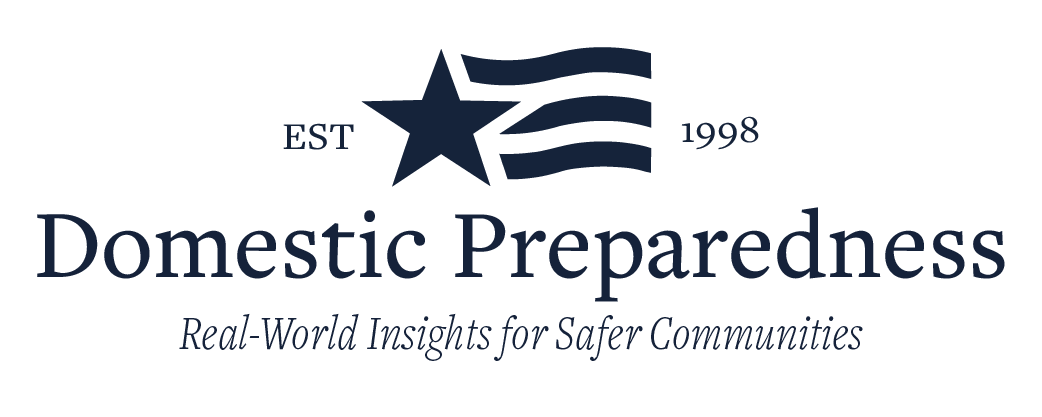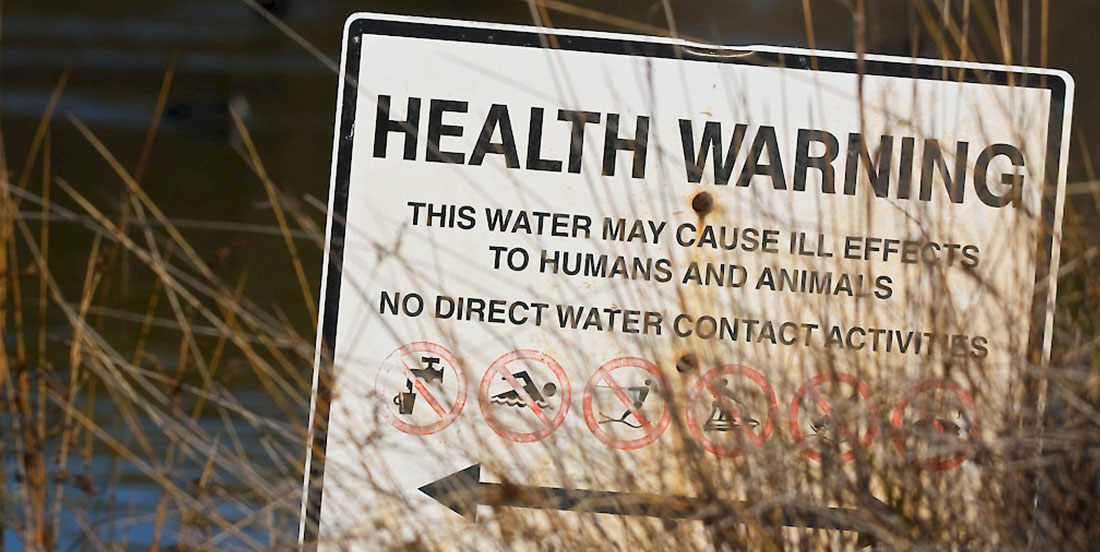Nutrition, community resilience, and poverty are just a few factors that are of great importance to public health professionals, which include representatives for maternal and child health, preparedness, nutrition, epidemiology, and land use planning, among others. However, the second largest segment of the public health workforce – the environmental health (EH) profession – bridges the gaps within the public health discipline as well as between public health and other disciplinary sectors.
Despite being the profession that inspired the launch of the American Public Health Association (APHA), environmental health as a concept and a vocation is still often poorly understood. Flood conditions created by recent hurricane seasons highlighted the central roles that the EH profession plays in protecting vulnerable populations. For example, local EH specialists are qualified to answer the following questions and many more:
- Is the local emergency room safe to reoccupy?
- Is the day-care center suitable for children?
- What are the implications for individual homeowners whose wells were contaminated by fecal and chemical pollutants?
- Is the food in the restaurant walk-in cooler safe to eat?
- Is the emergency shelter being operated in a manner that limits the risk of highly contagious noroviruses?
Field-Based Qualifications & Resources
Most EH professionals have completed essentially the same foundational college science and math courses as pre-med students. They apply that education in the field every day as they interpret and enforce health and safety codes and assess environmental conditions, which may result in serious harm or death within their communities.
The critical differentiating feature from other public health professions is that they are field-based. They work directly with the regulated community, such as retail food facilities. They inspect the hospitality industry. They approve land use plans. They inventory wells and septic systems. In fact, one could apply the old adage and say that environmental health is for “everybody, everywhere, all the time.”
Local EH departments should be considered as access resources. They have access to almost every segment of society – industry, education, and healthcare for starters. They can be particularly helpful during emergencies because they know and work with a broad swath of society. At one statewide meeting in 2017, a Minnesota state health official boasted that her environmental health professionals communicate in 18 different languages. Such linguistic skills are necessary to effectively communicate with their constituents.
Local EH departments should also be considered as axis resources. In many localities – particularly rural and frontier areas – environmental health is public health. That is, the local health department is largely or entirely comprised of EH professionals. In places where resources are more abundant, EH remains essential in advancing public health goals. For example, considering the opioid epidemic, the EH workforce is a central player in drug take-back programs and needle exchange programs. In some cases, segments of the EH workforce have been reassigned to work on opioids because of their familiarity with local subcultures and immigrant languages.
A Local Solution for Local Concerns
In many instances, environmental health issues are hyper-local. Consider childhood lead exposure due to aging paint or drinking water traveling through lead service lines. Concerns do not get much more local than the water from a kitchen faucet, the paint that covers windowsills, and the food going into children’s mouths.
EH professionals are valuable resources in virtually every community in the country. Emergency preparedness, response, and resilience professionals should establish working relationships with their local EH departments before they are needed. The director should be on speed dial. Much of the progress to be made in public health will occur in spaces between the health professions. It is time to fill that space with possibilities, and begin that journey today.

David T. Dyjack
David T. Dyjack, Dr.PH, CIH, is executive director and CEO of the 7,000-member National Environmental Health Association (NEHA), a position he has held since May 2015. Throughout his career, he has worked in over 50 countries, most recently in the Congo, South Sudan, and post-earthquake Haiti. Under his leadership, NEHA has established a presence in Washington, D.C. in support of efforts to influence national policy. He is Principal Investigator on two recent externally funded awards from the U.S. Centers for Disease Control and Prevention. The first grant serves to increase capacity of the environmental health profession writ-large, while the second is focused on rebuilding essential environmental health services in the U.S. Virgin Islands. He earned a doctorate in public health from the University of Michigan, an MSPH from the University of Utah, and is a board-certified industrial hygienist (CIH). Email: ddyjack@neha.org. Follow him on Twitter: @DTDYJACK
-
David T. Dyjackhttps://www.domesticpreparedness.com/author/david-t-dyjack






